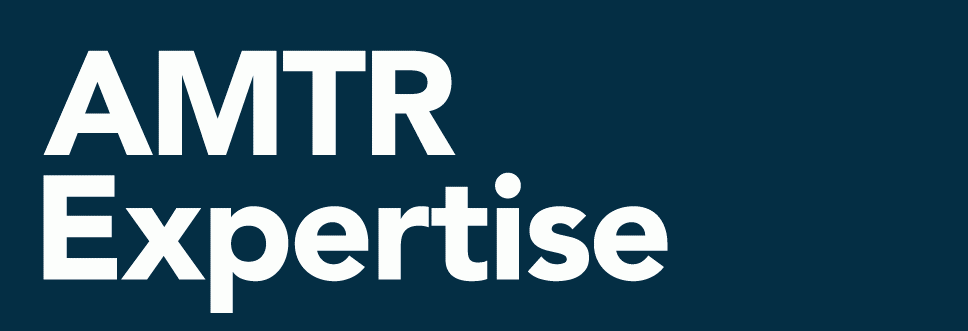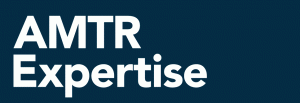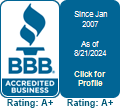Overcharge claim filing statute of limitations vary depending on transportation mode. In 1994, the Transportation Regulatory Reform Act relieved motor carriers from having to file their rate tariffs with the Interstate Commerce Commission and the time limitation for filing claims was defined as 180 days from the issuing of the original freight bill. Over a number of years, this statute would protect shippers from the constant undercharge collections by carriers, but also counteract those collections with a time limitation on overcharge claim filings.
Motor carriers that subscribe to the National Motor Freight Classification manual can find information regarding the time limitations for filing overcharge and undercharge claims in Item 300320: “All claims must be filed within 180 days from the receipt of the original invoice. Receipt of original invoice shall be determined to be 5 business days from the invoice date” (NMF 100-AP effective 02/06/2016 Item 300320 (a)).
According to CFR Title 49, rail carriers must continue to comply with Board accounting and reporting requirements and must maintain copies of rates, charges, rules or regulations for inspection. The statute of limitations varies for rail carriers based on two main factors: tariff versus contract and commodity shipped. Commodities exempt from regulation can be found in Subtitle B, Chapter X, Subchapter A, parts 1039.10 and 1039.11. Private agreements will default to—and exempt commodities will fall under—the carrier’s rules tariff for statute guidelines, with a few certain exceptions. If a commodity is still regulated and moves under public tariff, claimants have three years within which to file a claim.
Even though 2016 is coming to an end, AMTR can review your invoices to help recover past overcharges and look forward to finding future ones, as well.
The Union Pacific Railroad (UPRR) recently announced that an injunction was issued on their lawsuit against California’s Senate Bill 84, which mandates a $45 per rail car fee for hazardous material commodities entering the state. The BNSF and the UPRR maintain that this new fee is anti-competitive and unlawfully interferes with federally protected interstate commerce.
UPRR and BNSF have implemented this new charge in their public tariffs. UP 6004-C item 799 has been introduced as a possible charge effective December 7, 2016, with the hopes of not collecting this hazardous materials fee if the current temporary injunction becomes permanent. BNSF 6100 B Item 2420 has been published effective November 1, 2016.
Motor carriers based in Mexico may now lease equipment to carriers based in the United States. The Federal Motor Carrier Safety Administration (FMCSA), who finds the law against this type of leasing to be invalid and inconsistently enforced, issued a notice on November 21, 2016. As a function of this notice, carriers who assume complete responsibility for a trailer’s operation throughout the life of its lease may lease from Mexican carriers, no matter the shipment’s ultimate destination.
The law against leasing from Mexican carriers was introduced in the Motor Carrier Safety Improvement Act of 1999. The Act required that international agreements under NAFTA be met, and once the FMCSA felt that they had been met and upon completion of the U.S.-Mexico Cross Border Long-Haul Trucking Pilot Program, the restriction placed on Mexican carriers ceased to be relevant and has now been lifted.
Having a good working relationship with your carriers is vital. For instance, a shipper starts routing freight to a new destination. After the first invoices are received, questions arise about the rate being billed. The shipper may reach out to their carrier contact and request a reduced contract rate to be put into effect for this destination. A contract is established, and invoices start coming in at the new, lower rate. Great! But what about the open invoices already issued with the more expensive rate? On occasion, the carrier will let shippers apply the new contract rate retroactively to the day that shipment started moving to the new location.
Besides the issue of shipping to a new destination, another problem may involve having an existing contract rate expire before a renewal can be negotiated. The lag time between can mean higher costs. If the carrier will not agree to an extension of the expired contract rates, a good carrier relationship may allow a compromise of applying the updated rate on the invoices that were billed between effective contracts.
Shippers must note that carrier tariffs may include rules stating that rates may not be backdated. However, we know that sometimes there are exceptions to the rules. A great relationship with your carrier can make these conversations possible. AMTR is well versed in applying these exception rates to past invoices and we would like to help you receive these savings.
As the year draws to a close, AMTR is proud to reflect on the successful accomplishment of key strategic goals directed at improving internal operations and, more importantly, better serving our customers. In 2016, we tackled improvements and changes across the board with initiatives focused on people, processes and technology.
People
The AMTR employee base grew by 10%. Additional auditors were certified in Transportation Logistics & the Law and Motor Carrier Operations. The company completed an organizational restructure, introduced new training and education programs for all employees and put key HR functions online.
Processes
We increased our transportation industry conference presence, improved and simplified client data extraction/download techniques and re-engineered customer billing and claims processes from the ground up.
Technology
Our IT staff retooled all audit and support staff production software systems, implemented an advanced OCR document imaging system that automated data entry for 90% of pre-audit accounts, accomplished significant hardware upgrades to increase processing power and efficiency throughout the organization and upgraded server-side software applications to allow increased data mining/analysis and reporting capabilities.
It has been a busy year, but we believe continuous improvement is the key to better customer service. The results speak for themselves as we are happy to report having added a number of prominent companies to our client list just this year.
Finally, before we transition our thoughts to the hustle and bustle of 2017, we want to wish all of you Happy Holidays!
AMTR appreciates your business and wants to continue to be your freight overcharge “Santa Claus” in 2017.










